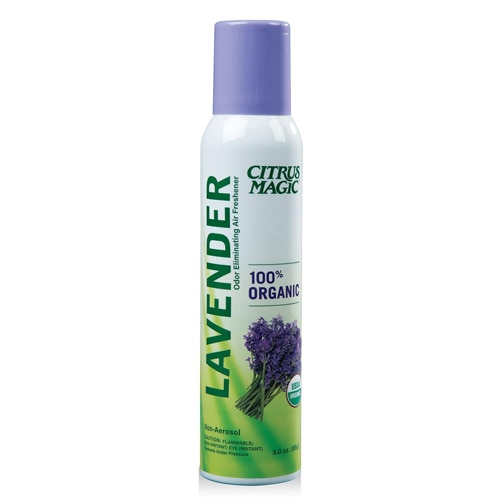We all have to breathe, so
clean air matters, but air quality can be hard to measure with sight or smell alone. Pollutants include things you can and can't detect yourself, and threats indoors are different from those outdoors.

Being a scientist sounds interesting, but that I'm not. Still, I'm big on promoting good health and I've been a reporter for two decades, so I should be a decent guide.
What is air quality?
Let's start indoors, where the U.S. Environmental Protection Agency says people tend to spend 90 percent of their time, and that's not counting the
coronavirus pandemic closing us in.
Unfortunately (and not even considering that being outdoors
reduces risk of virus transmission) that puts us in a tough spot because
indoor air quality tends to be questionable. Here's what the
EPA says, verbatim: In the last several years, a growing body of scientific evidence has indicated that the air within homes and other buildings can be more seriously polluted than the outdoor air in even the largest and most industrialized cities.
Yes, that means you're best off opening windows or going outside, allergies and cataclysmic weather notwithstanding. But you don't have to guess: The U.S. government and individual states have accommodating websites that let you
look up outdoor air quality by zip code. Generally, five factors come into play: ground-level ozone, particulate matter, carbon monoxide, sulfur dioxide and nitrogen dioxide. I got really handy with Tennessee's maps several years ago, during forest fires in the eastern part of the state that sent an eye-stinging stench wafting westward, to where I live. Unfortunately, devastating fires keep popping up in the U.S. and elsewhere, including as I write this.
What is indoor air quality?
So let's use that as a cue to come back inside. Indoor air quality means what it says: It's the quality of air inside your house, your office, your supermarket, etc. Sometimes poor air quality can affect health straight away—think mold (which you often can see and which can induce wheezing, burning eyes, headaches) and carbon monoxide (which you can't see and which can, well, kill you). Other times, it can take years to make its mark (sadly, I wrote about workplace air contamination when I covered a cancer cluster for many years as a full-time reporter).
Indoor air problems stem from carpets, paint, furniture, plastics and more that off-gas chemicals such as formaldehyde, benzene and trichloroethylene, among other evils. Yet more contributors include chemical cleaning products and poorly maintained heating and cooling systems. Lead and asbestos can threaten, though not as much these days.
If you can't open a window to let yuck float out, here are inside-only strategies (beyond remediation of major problems such as lead or asbestos):
Quit smoking
We all know smoking is bad for you in every physical way, so you're getting double benefits with this strategy.
Get rid of mold
Mold often is easy to spot, but not if it's under your carpet or stuck in your walls or ventilation ducts. You might need a pro in those cases so that you don't release spores while ripping at your floors and because most of us don’t have HVAC tools. For the obvious mold, the
EPA has DIY instructions. A
natural cleaner can remove mold stains and prevent mold, in the shower, for example.
Dust, vacuum, sweep
Picture a dust mite. It likes your teeny skin flakes. Gross. Your anti-dust-mite action also will help stop pollen and the like from floating around. While you're at it, don't wear your outdoor shoes indoors. Find out how to
dust your home like a pro with this complete guide.
Use premium HVAC filters
General rule of thumb: Thicker and more expensive means they filter out more muck, but read the fine print (they also tend to use more energy). And, just to be sure: The filter works its wonders only when your heat or AC is running, not idle.
Get an air purifier
The EPA has a
booklet on this (which also discusses HVAC filters), so I'll leave it to the experts.
Use baking soda and vinegar
These are cheap, safe cleaning products. A damp sponge and
baking soda makes tubs sparkles, rubs away grub in ovens and removes stains from countertops, pots, plates and more.
Vinegar makes windows look like they aren’t there.
Grow houseplants
Really.
Plants are amazing. They literally soak up bad-to-breathe stuff and then put out good-to-breathe stuff. Take
NASA's word for it, if you don't take mine.
Mitra Malek is a news journalist and former Yoga Journal senior editor and contributing editor.
 Being a scientist sounds interesting, but that I'm not. Still, I'm big on promoting good health and I've been a reporter for two decades, so I should be a decent guide.
Being a scientist sounds interesting, but that I'm not. Still, I'm big on promoting good health and I've been a reporter for two decades, so I should be a decent guide.



